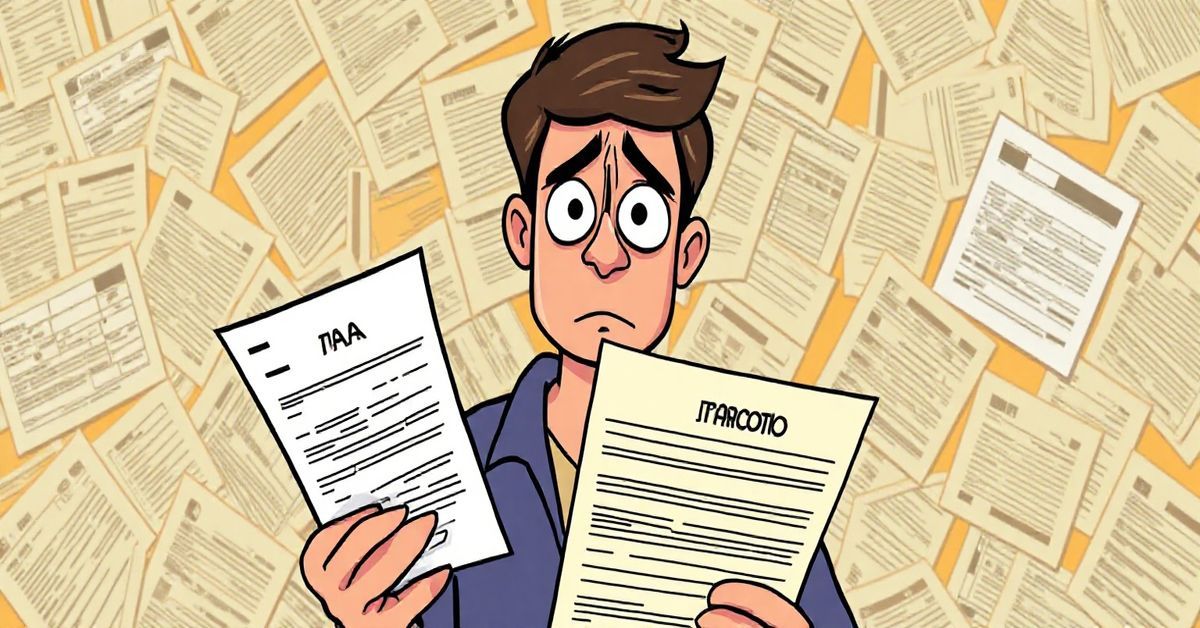Related Terms
Understanding the terminology is helpful. Here are a few terms related to a tax deficiency:
- Tax Liability: The total amount of tax you owe.
- Tax Audit: An examination of your tax return by the IRS.
- Penalties: Additional charges for not complying with tax laws.
- Interest: A fee charged on unpaid taxes.
- Installment Agreement: A payment plan with the IRS.

